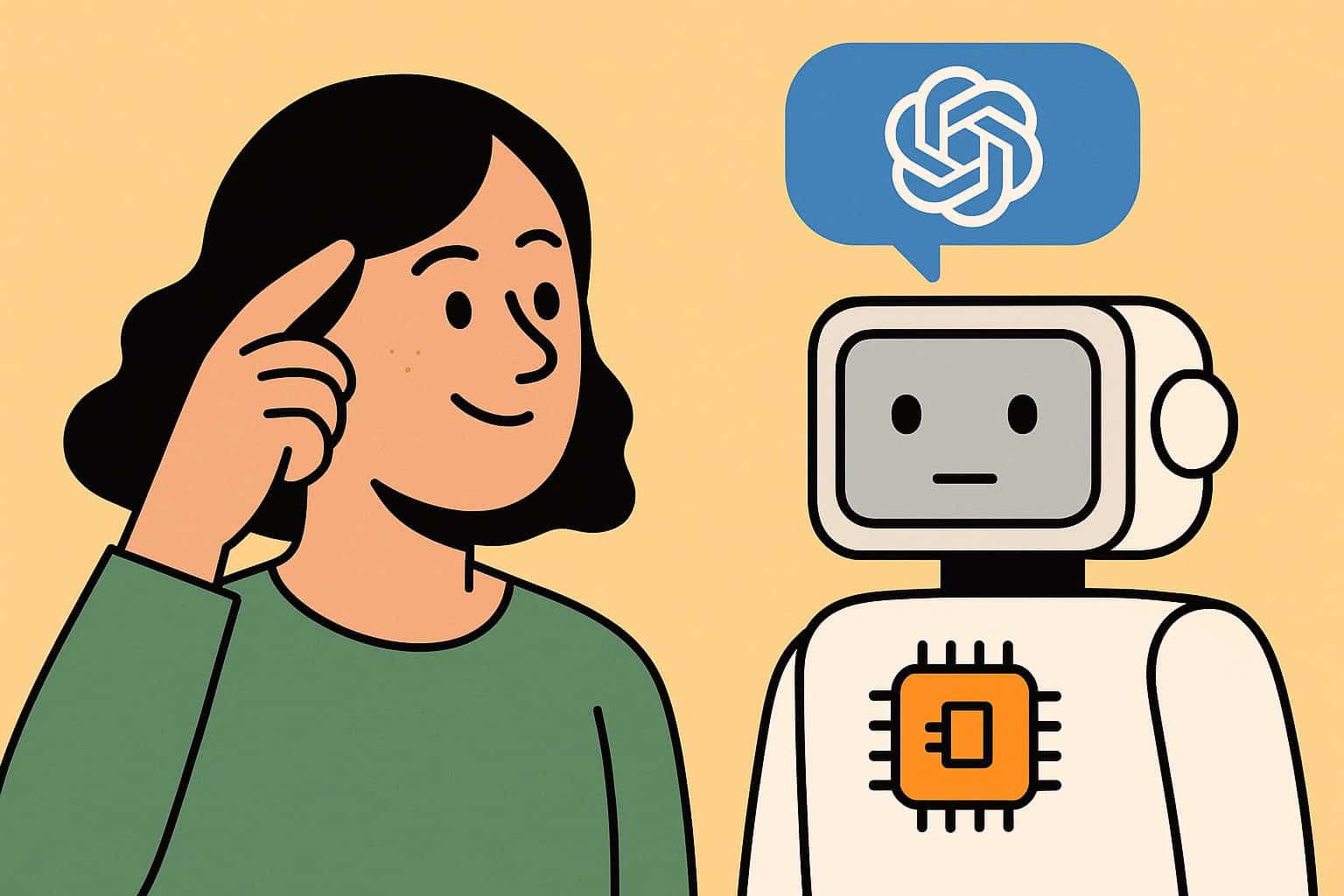ChatGPT Memory Feature
ChatGPT Memory Feature: What It Means for Users and Marketers
Artificial intelligence continues to evolve at a rapid pace, and OpenAI’s latest update to ChatGPT introduces a groundbreaking feature: memory. This enhancement allows ChatGPT to remember details from past conversations, making interactions more personalized and efficient over time.
In this blog post, we’ll explore:
How ChatGPT’s memory feature works
Its benefits for users and businesses
Potential privacy concerns and controls
How marketers can leverage this feature for better engagement
What is ChatGPT Memory Feature?
Previously, ChatGPT treated each conversation as an independent session, meaning it didn’t retain information between chats unless explicitly saved by the user. With the new memory capability, ChatGPT can now remember:
User preferences (e.g., writing style, tone preferences)
Frequently asked questions and past responses
Personal details shared in previous conversations (if permitted)
This means that over time, ChatGPT becomes more attuned to individual users, offering tailored responses without requiring repetitive input.
How Does Memory Work?
Opt-In System: Users can choose to enable or disable memory.
Contextual Retention: ChatGPT remembers key details from conversations to provide continuity.
User Control: Memories can be reviewed, edited, or deleted at any time.
For example, if you tell ChatGPT, “I run a vegan bakery in Seattle,” it might later suggest vegan recipe ideas or marketing tips tailored to your business—without you having to repeat the context.
Benefits of ChatGPT Memory
1. Personalized User Experience
ChatGPT can recall preferences (e.g., “You prefer formal emails”) and adjust responses accordingly.
Reduces redundancy, making interactions smoother.
2. Enhanced Productivity
Professionals (writers, developers, marketers) can get more relevant suggestions over time.
Remembers workflows, templates, or frequently used commands.
3. Better Customer Support & Marketing
Businesses using ChatGPT-powered chatbots can offer more personalized assistance.
E-commerce brands can remember customer preferences for product recommendations.
4. Improved Learning & Tutoring
Educational chatbots can track a student’s progress and adapt lessons accordingly.
Privacy & Control Considerations
While memory enhances usability, it also raises privacy concerns. OpenAI has implemented safeguards:
Memory Toggle: Users can turn off memory in settings.
Temporary Chats: For one-off conversations, users can opt for a “temporary chat” that isn’t stored.
Delete Memories: Users can selectively remove stored information.
Businesses using ChatGPT must ensure compliance with data protection laws (GDPR, CCPA) when handling customer data.
How Marketers Can Leverage ChatGPT Memory
1. Hyper-Personalized Content Creation
ChatGPT can remember a brand’s tone, style, and audience preferences, streamlining content generation.
2. Smarter Chatbots for Customer Engagement
AI-powered support bots can recall past customer issues, reducing resolution time.
E-commerce bots can suggest products based on previous purchases.
3. Automated Follow-Ups & Lead Nurturing
ChatGPT can remember user interests and send tailored follow-up messages.
4. Data-Driven Insights
Analyzing stored preferences can help businesses refine marketing strategies.
Potential Challenges & Ethical Implications
Data Security: Ensuring memories aren’t misused or hacked.
Over-Personalization: Avoiding the “creepy factor” of AI knowing too much.
Bias Reinforcement: If ChatGPT remembers incorrect or biased inputs, it may perpetuate them.
ChatGPT memory feature marks a significant leap toward more intuitive and human-like AI interactions. For users, it means less repetition and more efficiency. For businesses and marketers, it opens doors to deeper personalization and automation.
However, responsible usage is key—users should regularly review stored data, and businesses must prioritize transparency in AI-driven engagements.
As AI continues to evolve, features like memory will redefine how we interact with technology, making it not just a tool but a contextual assistant that grows with us.

